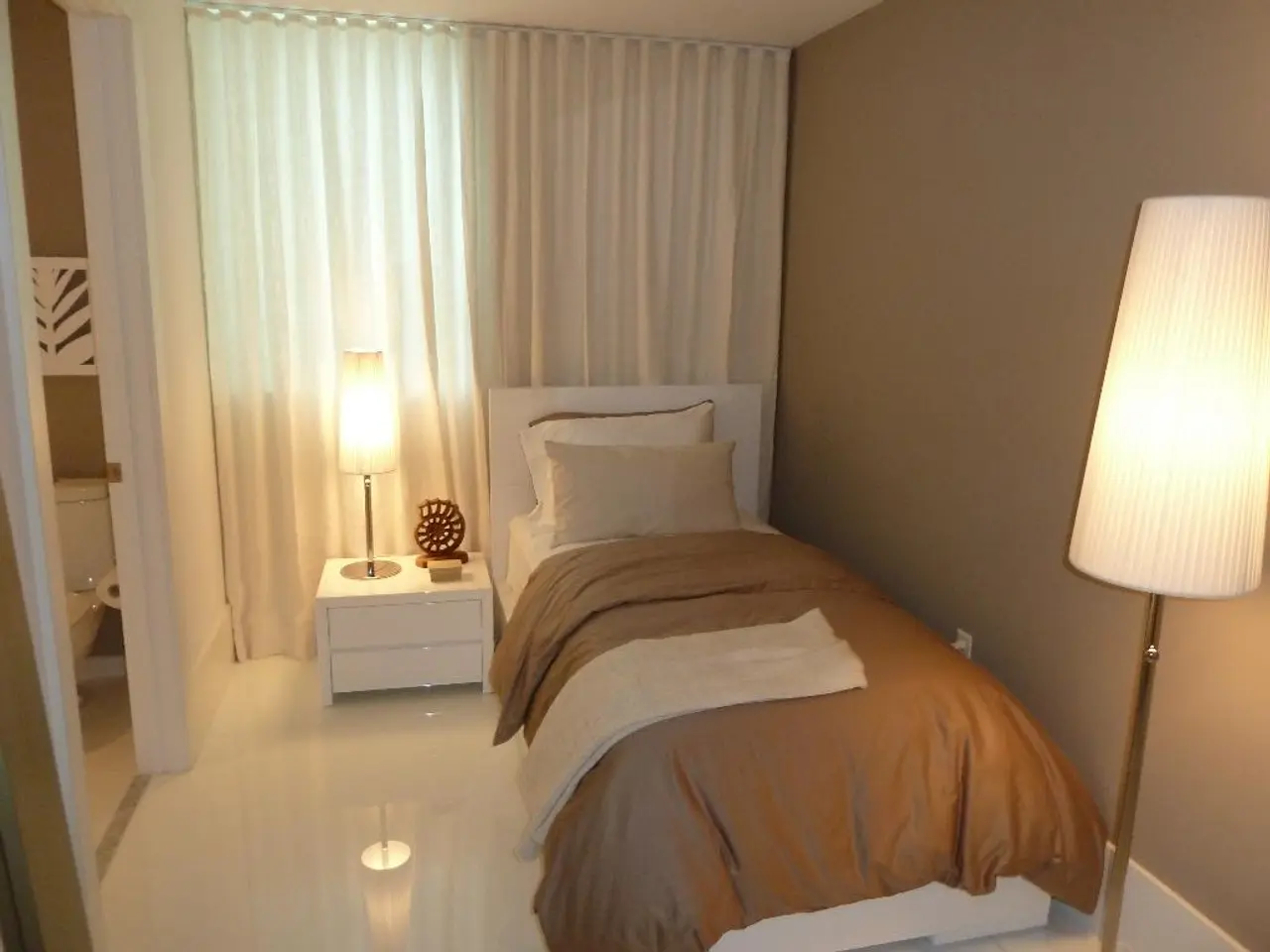Obtaining Monaco Residency and Citizenship: A Comprehensive Handbook
Monaco, a small European city-state nestled between the French and Italian Rivieras, is often referred to as a playground of the ultra-rich. Known for its classic Monte Carlo casino, Formula One race track, and luxurious homes, Monaco offers a unique blend of glamour and exclusivity.
The demand for high-value real estate in Monaco is on the rise, thanks to its increasing value and limited supply. The La Petite Afrique project, developed by the royal Casiraghis, is a testament to this high demand, with all apartments sold within months after the presentation of the plans in 2013.
Banks in Monaco require a minimum deposit of one million euros to establish a relationship, although the average amount requested is typically closer to EUR 500,000. However, the bank letter must be written in French and must state sufficient savings to live in Monaco. The amount varies depending on the bank and the applicant's connections in the country.
Monaco's residency options are attractive due to its de facto participation in Europe's Schengen area and quick access to all of Europe and much of the world. There are three main paths to becoming a resident: through employment, personal business, or demonstrating wealth. The most important part of the Monaco residency application is proving financial resources. This can be done through an employment contract and salary evidence, professional income from independent commercial activity or company, spousal support, or a bank letter from a Monaco bank.
Monaco's residency process involves providing the necessary documents and attending an interview. After this, the application will be processed and authorized. EU passport holders can expect their card to be authorized within eight weeks, while non-EU citizens typically wait 16-20 weeks.
Monaco is considered one of the safest countries in the world, with high-tech security cameras and an abundant police force. It also boasts a mild climate with warm summers and mild winters.
Living in Monaco comes with a high cost of living. Apartments rent for $4,000-$19,000 a month, restaurants range from $20-$130 for a meal, and groceries cost more than $5 a dozen for eggs. Despite this, Monaco is a place to enjoy wealth, not necessarily to acquire it.
Monaco has no income tax, but there are a few exceptions for French citizens and companies with significant revenue from outside the country. There is also a value-added tax (VAT) that follows the same rates as in France.
Monaco's residency offers visa-free access to 175 countries, making it one of the best passports in the world. However, there is no gift or inheritance tax in Monaco for beneficiaries in the direct line (parents, spouse, or children).
To become a citizen of Monaco, one must have resided in the country for a minimum of ten continuous years since the age of 18 at the time of the application. Dual citizenship is forbidden in Monaco.
Nice Cote d'Azur Airport, located a 30-minute drive away, provides easy access to major European cities. Monaco's exclusivity and proximity to France and the rest of Europe make it a more serious tax residency than some tiny island in the middle of the ocean.
While there is no publicly available information specifying the identity of a person who successfully completed Monaco's residence program in 2021 and is now permanently domiciled there, it is evident that Monaco continues to attract more successful entrepreneurs in the future who are in the market for a second or third home.
Read also:
- United States tariffs pose a threat to India, necessitating the recruitment of adept negotiators or strategists, similar to those who had influenced Trump's decisions.
- Weekly happenings in the German Federal Parliament (Bundestag)
- Southwest region's most popular posts, accompanied by an inquiry:
- Discussion between Putin and Trump in Alaska could potentially overshadow Ukraine's concerns








